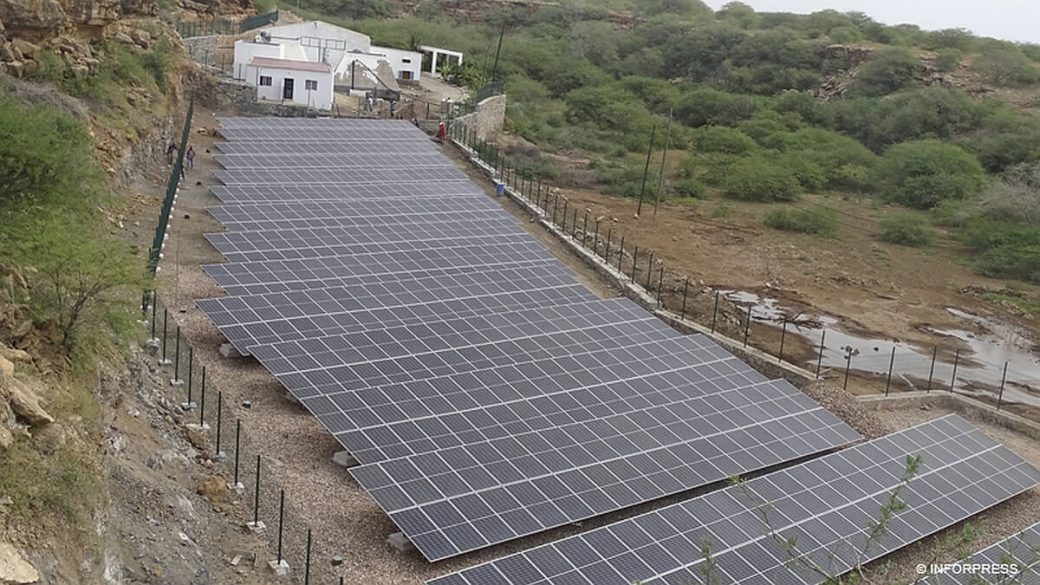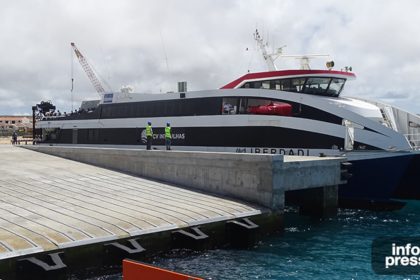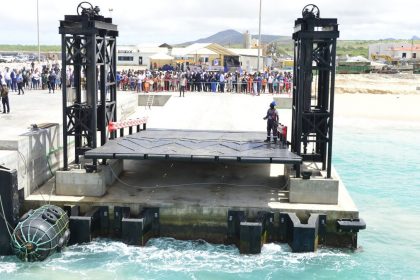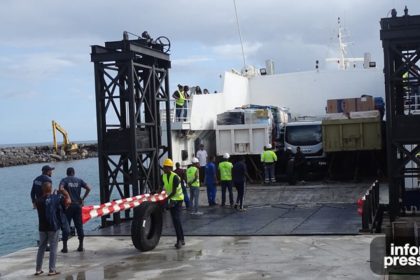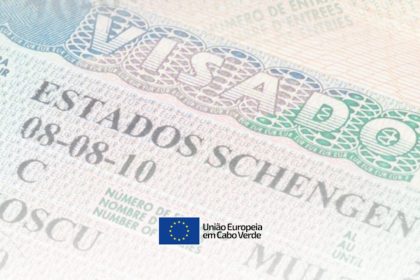Ulisses Correia e Silva, today inaugurates a desalination plant in Maio, the largest in the country powered by renewable energy, and which will more than double the availability of water on the island.
Located in Ponta Preta, the new desalination plant, according to a note from the Government of Cape Verde, has the support of the Grand Duchy of Luxembourg and aims to improve water production and reduce energy costs thanks to the use of solar energy.
According to the same source, the new station, which will join two units that are currently operating, will improve the availability of water on the island, from a capacity of 300 cubic meters per day (m3/day) to 800 m3/ day.
“In addition to improving the quality of water and the provision of water supply services to the island’s population, making it available for a longer time and with better frequency”, also according to the Cape Verdean government.“
The next phase will be investing in the networks to avoid losses and have a stronger network so that we have more water. Then that will have an impact on the economy because if we want development in the tourism sector, we have to have water available”, he stressed.
The new station will benefit about 7,000 inhabitants of Maio, representing approximately 2,200 families, hoping that the supply will be of quality and at costs that are also expected to continue to decrease on the island.
Another direct impact of the Maio desalination plant, the Government continued, is the possibility of releasing the current units, located in Ribeira Dom João and Pedro Vaz, to supply water for agriculture and livestock, as well as the enhancement of other economic activities such as industry, commerce and services such as tourism.
The new desalination plant, an investment of 989 thousand euros, will also allow the installation of more advanced technologies in terms of energy efficiency and a post-treatment system that allows the remineralization and chlorination of the water so that it is of better quality.
The desalination plant in Maio was financed by Luxembourg, under the Support Program for the Water and Sanitation Sector (PASEA), which is part of the IV Indicative Cooperation Program 2016-2020 (PIC IV) between the two countries, in the amount of 13.6 million euros.
In Cape Verde, desalination has been used for over 50 years and this new investment comes at a time when the country is facing yet another year of drought, with the Government having declared a calamity situation in the agricultural sector to deal with the effects.
Currently, Cape Verde has around 20% penetration of renewable energy on the grid, and has several projects underway, such as a micro-production massification program and tax and customs incentives, towards the goal of achieving half of clean energy by 2030.
Dessalinizadora com renováveis mais do que duplica capacidade de água no Maio – Expresso das Ilhas
